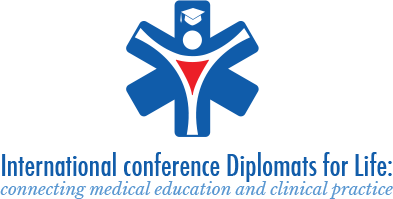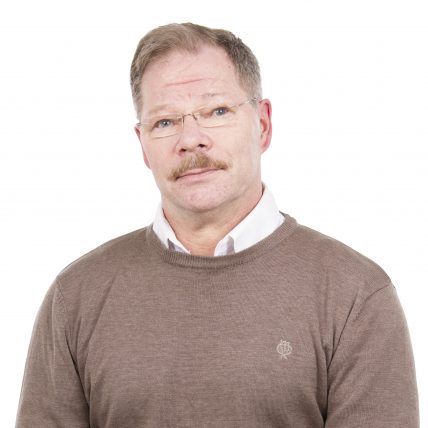
PhD, Jukka Surakka

Jukka Surakka received his PhD in exercise medicine at the University of Eastern Finland in 2005. He is working as the head of research at the Arcada University of Applied Sciences in Helsinki since 2006, and before that he worked as senior researcher at the Institution of Health and Welfare in Finland. Jukka Surakka has published over 40 scientific publications in field of exercise medicine, physiotherapy, neurology and occupational health. He has coordinated several international research projects in elderly care, occupational health and nursing. His areas of interests are occupational health, health- and social service organizational design and health promotion.
Medical education in Finland
In Finland, medical education is offered by five universities: Helsinki, Tampere, Turku, Oulu and Eastern Finland in Kuopio. The basic medical education lasts for a minimum of six years /360 study points, which is 240 weeks and leads to the degree of Licentiate of Medicine. 700-740 new students/year begin their studies, (4% of those who apply).The number of students admitted to medical schools has varied greatly in recent decades. The view of the Finnish Medical Association is that an adequate supply of doctors for public health care should be ensured by improving the remuneration and working conditions of public health doctors rather than by still increasing the number of students. In Finland, the universities are also responsible for specialist training.
First two years is preclinical period and it is mostly theoretical. After that they are medicine candidates and students come into contact with patients from the beginning of this period. Problem-based learning methods have been introduced. All medical schools have research programs for students who wish to undertake scientific work. During the clinical period of their courses, students participate in the work of various hospital departments and health centers, where they learn the necessary medical skills.The licentiate degree includes a thesis, which is 20 study points.The aim of it is to increase the academic knowledge and increase independent thinking, critical evaluation and implementing new information.After the licentiate degree licentiates can apply for specialization in 50 different fields and the training lasts 5-6 years. It is carried out in hospitals. As a supplement to the official system of specialization, the Finnish Medical Association has introduced a number of special competences. These relate to specific specialty areas in which particular skills of a demanding nature are required.
Main areas in RDI differs between universities in Finland. For example the spearheads of research at the Helsinki University include clinical research, cancer, inflammation, genetic research, and research on the mind. RDI programs are Applied Tumor Genomics, Clinical and Molecular Metabolism, Human Microbiome Research,Individualized Drug Therapy, SLEEPWELL Research Program,Stem Cells and Metabolism,Systems Oncology,Translational Cancer Medicine Program and Translational Immunology Program. Strengths at Turku University lie in translational research. Clinical and basic research are seamlessly combined bringing new results from research laboratories and clinical studies to the patient treatment. Turku university has six internationally evaluated research program. Five of them are joint programs with the BioCityTurku research organisation. Sixth is a program for Nursing Science. Biomaterial and Medical Device Research Program, Diagnostic Technologies and Applications,Lifespan of Cardiovascular, Inflammatory, Endocrine & Metabolic Disorders – LIFESPAN, Receptor Program, Translational Infectious Disease and Immunity Research Program, Empowering Population, Patients, Professionals in Health and Care. Further Oulu, Tampere and University of Eastern Finland have their own RDI programs.